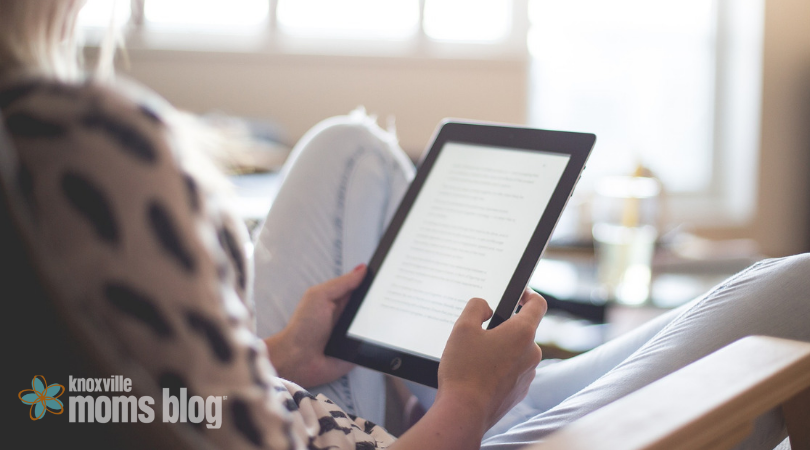I love a good “personality test” and have been fortunate to take many different assessments in academic, professional, and volunteer settings. These tools are fun, because, let’s be honest, we all want to learn more about ourselves. And while I don’t place my value or my identity in these tests, I do find them helpful in parenting, leadership, relationships, and other interactions with people.
One of the first things these assessments identify is where we fall on the introvert/extrovert continuum. This is an important question because these psychological attributes determine how we gather and direct our energy.
Merriam-Webster defines extraversion as “the act, state, or habit of being predominantly concerned with and obtaining gratification from what is outside the self.” An extrovert is defined as, “a gregarious and unreserved person.” Introversion is defined as, “the state or tendency toward being wholly or predominantly concerned with and interested in one’s own mental life.” Therefore, an introvert is, “a reserved or shy person who enjoys spending time alone.”
The Myers & Briggs Foundation further explains that, “everyone spends some time extraverting and some time introverting.” Extroverts are seen as outgoing, tend to be verbal processors, are comfortable and enjoy working in groups, have a wide range of friends, and can sometimes jump quickly into activities and projects without allowing time to think them through. In contrast, introverts are often seen as “reflective or reserved,” are comfortable being alone and working alone, prefer to have just a few close friends, and can sometimes spend a lot of time reflecting instead of taking action.
I have always tested as an extrovert, and have pretty much lived up to the description. I am usually outgoing, talkative, a verbal processor, and feel energized spending time with other people. As a child and young adult, I couldn’t imagine missing a single social interaction, and I couldn’t fathom the idea that anyone would ever want to be alone. In fact, when I got in trouble, my parents would punish me by making me sit quietly by myself with no talking until “further notice.” Oh, the horror! So, you can imagine my surprise when I started noticing a gradual, but very significant change. I noticed that some of the introverted tendencies I had dismissed were starting to become a lot more prominent. Among other things, I started to realize that I love to have a lot of time alone.
ALONE! This simple word, “alone,” that used to connote torture is used with great fondness by introverts everywhere. And I’m also realizing it is also used with great fondness by mamas in the throes of motherhood. Many of my extroverted friends have expressed the same feelings.
On her blog, Introvert, Dear, Jenn Granneman describes 21 signs of an introvert, which include:
– You enjoy spending time alone.
– You do your best thinking alone.
– Your inner monologue is hard to shut off.
– You shut down after too much socializing.
– You have a small circle of friends.
– You alternate between being social and alone.
Did you notice how many of these included the word ALONE?
“Alone” can be such a loaded word. I feel like I should pause and mention that I am not referring to loneliness or depression, and it is certainly not my intention to disrespect or undermine the feelings of someone who feels isolated. If anyone reading this feels that way today, I want to encourage you that you are dearly loved by God. As a Christian, my relationship with Christ has gotten me through the hardest seasons of life. He wants to have a relationship with you, too. Please know this and seek help if you need it.
When I say time alone, I am talking about quiet time to pray, think, plan, read, and unwind without the hustle and bustle of my wonderful little people or anyone else. I adore my children and I am so thankful for them, but time alone is something I have learned to cherish. It is almost essential to my functioning on a day to day basis and I am a better mom for it.
If you are like me and you are starting to feel more introverted, there is probably something to it. Every mama can likely relate to some of these traits:
– You enjoy spending time alone. Because you are always surrounded by people.
– You do your best thinking alone. Because you can form a complete sentence in your head.
– Your inner monologue is hard to shut off. Because you are constantly thinking about everything that needs to get done. This parenting gig is a full-time commitment.
– You shut down after too much socializing. Because you have depleted your energy in caring for your family. FOMO has turned to JOMO (joy of missing out) because you are just tired.
– You have a small circle of friends. Because you have learned to value and appreciate true friends for the rare treasures they are.
– You alternate between being social and alone. Because even the most extroverted person needs a minute to unwind.
So, is motherhood turning me (or you) into an introvert?
The short answer is, “No.” We are naturally wired one way or the other.
The longer answer is, “No, but motherhood, age, and life in general seem to push some of us more in that direction.”
I will probably never be a true introvert, but I am thankful that I have learned to accept some of my more introverted qualities, including time alone. It’s a sign that I am growing and changing. It’s also a blessing to know I’m usually not alone because I am surrounded by the people I love the most.




















